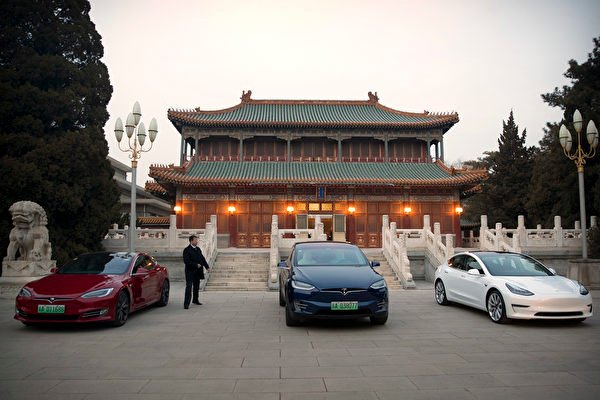Recent Communist Party meetings have sparked speculation of unusual changes in the official statements, with key phrases like “Xi Jinping Thought” noticeably absent. There was also rare mention of democratic centralism and the concept of “upwards and downwards mobility.” Some analysts suggest that there may be shifting power dynamics within the top leadership of the Party, although these changes have not been publicly disclosed and the power struggles continue behind the scenes.
The Party’s Politburo held a meeting on October 28 to review a comprehensive report on the third round of inspections conducted by the 20th Central Committee, chaired by Xi Jinping himself.
Observers noted three significant deviations from the norm in the official reports: the usual mention of “Xi Thought” was missing, even in a meeting concerning anti-corruption efforts and political discipline; the typical rhetoric of “two upholds, two ensures” was also absent; and there was a call for party committees at all levels to enhance the “leadership team construction,” stressing strict adherence to democratic centralism and promoting the idea of leaders being able to step up or down.
Political commentator Tang Jingyuan suggested that the absence of staple phrases like “Xi Thought” and the unusual references to leadership flexibility may indicate a potential threat to Xi Jinping’s authority, possibly signaling a return to a more collective leadership model within the Party.
The visit of Central Military Commission Vice Chairman Zhang Youxia to Vietnam on October 24-26, where he met with high-ranking Vietnamese officials, has raised speculation about his role and growing influence.
China expert Wang He noted the delicate nature of the current political landscape in China. Zhang Youxia’s increased visibility suggests he has become a core figure within the party, potentially overshadowing figures closely associated with Xi Jinping like Vice Chairman of the CMC, He Weidong.
Drawing parallels to historical power shifts within the Party, Wang He highlighted the analogous position that Zhang Youxia holds to that of Deng Xiaoping in the past, indicating a potential realignment of power dynamics towards a more collective leadership approach, possibly limiting Xi Jinping’s authority.
Independent commentator Cai Shenkun remarked that Zhang Youxia’s statements in Vietnam exceeded the typical scope of a military official, hinting at an augmentation of his power within the Party, in line with recent speculations about his rising influence.
At 74 years old, Zhang Youxia is the oldest member of the Communist Party’s Politburo, signaling a potential resurgence of older, experienced members in times of political turmoil, similar to the inclusion of the late Liu Huaqing in the 1980s when he was nearly 80 years old.
Looking ahead, it is expected that further developments regarding the direction of Xi Jinping’s authority will unfold over time, with various factions engaged in intense power struggles behind the scenes.

